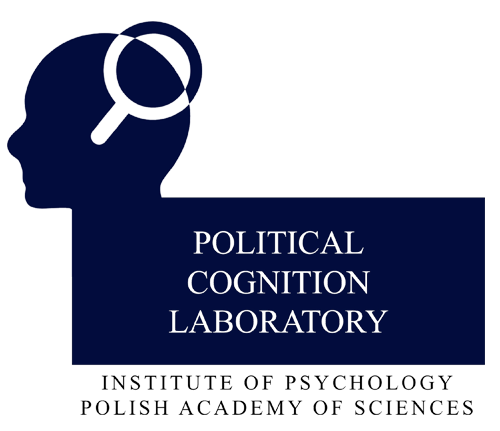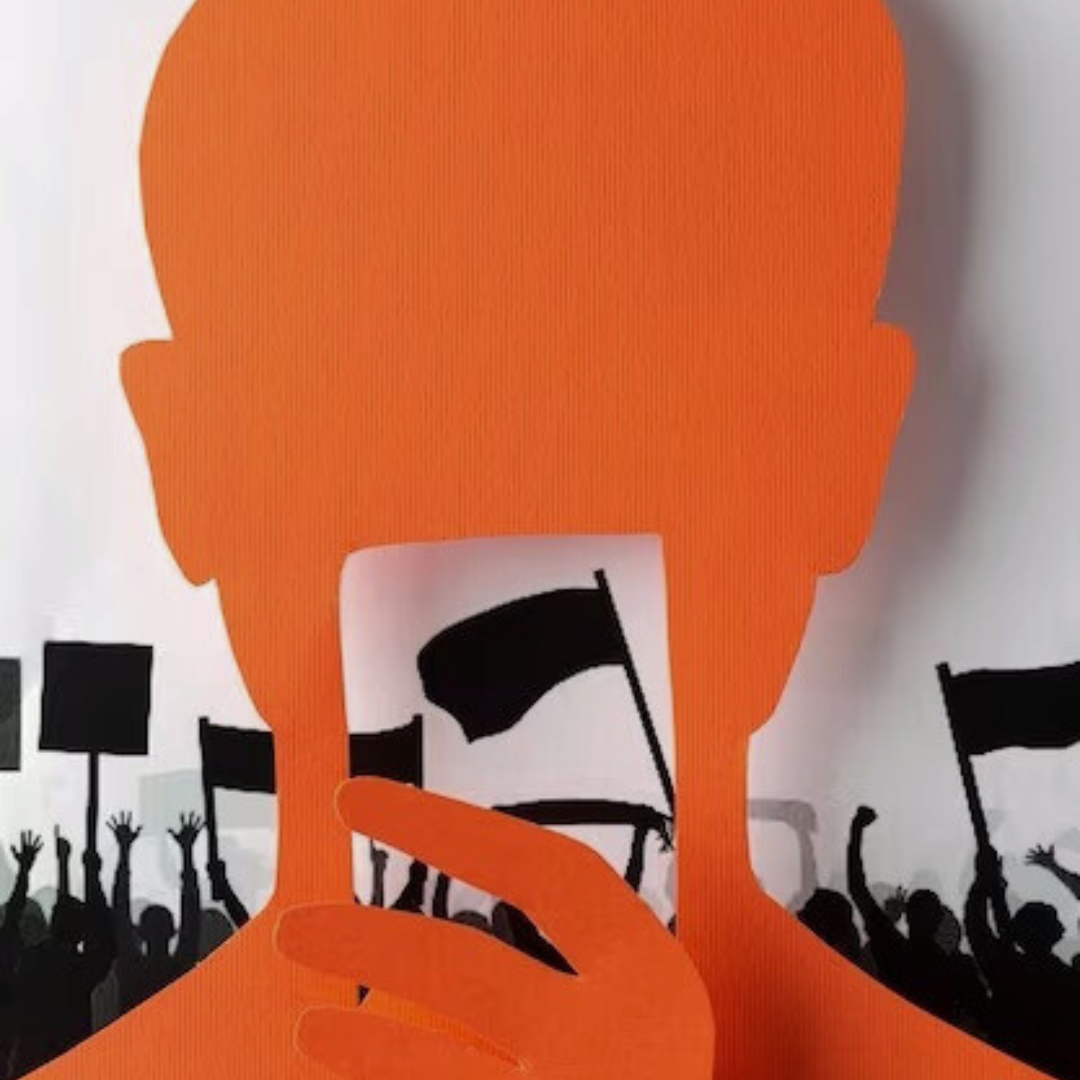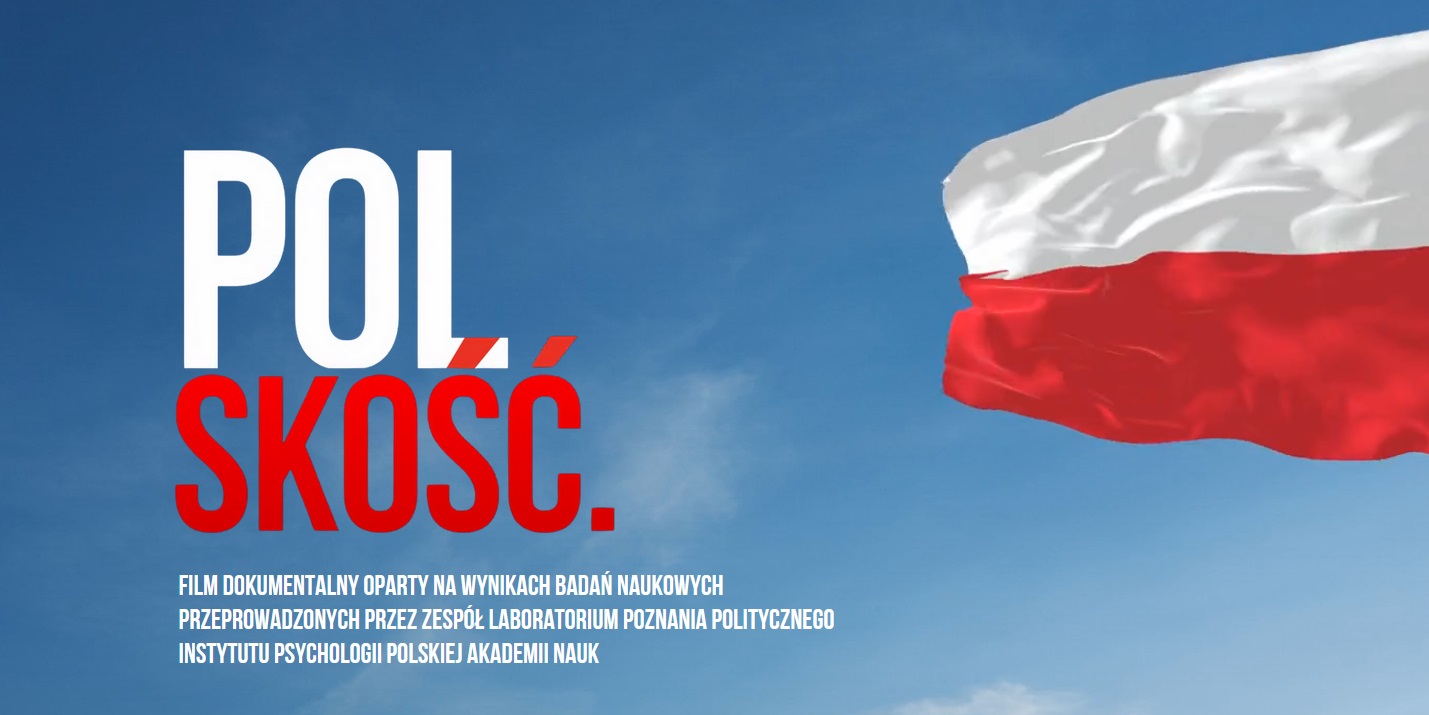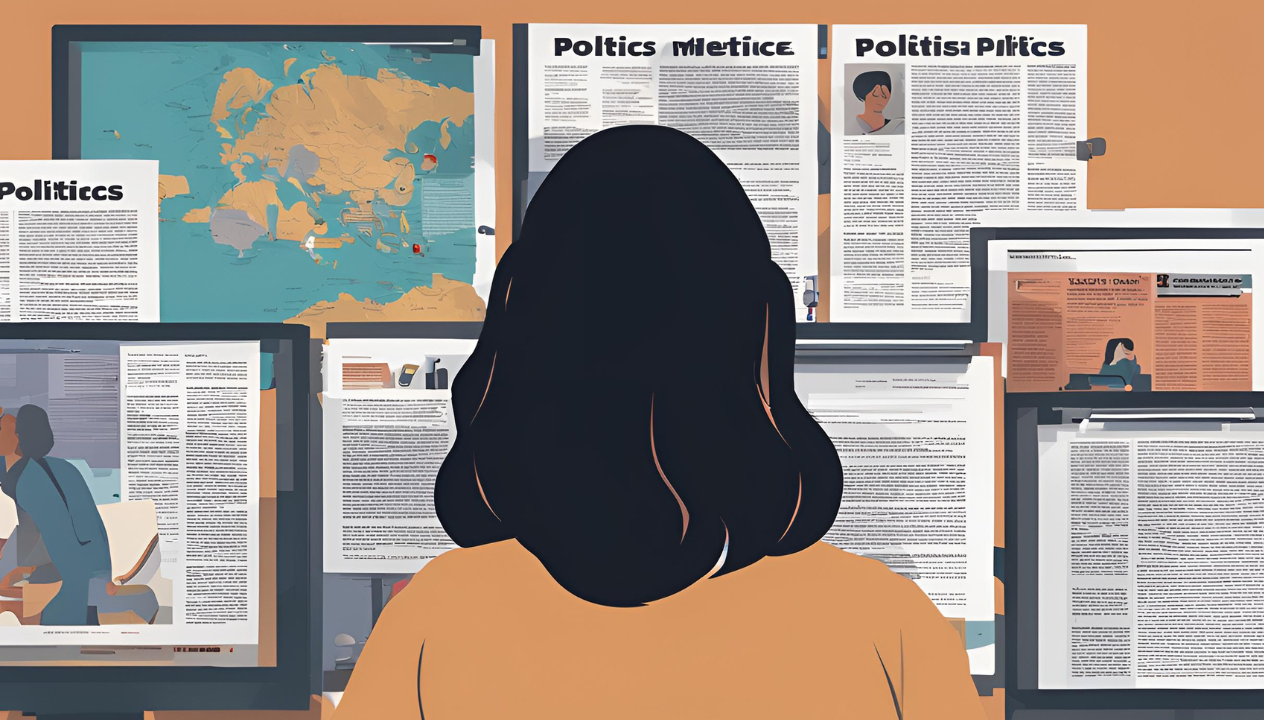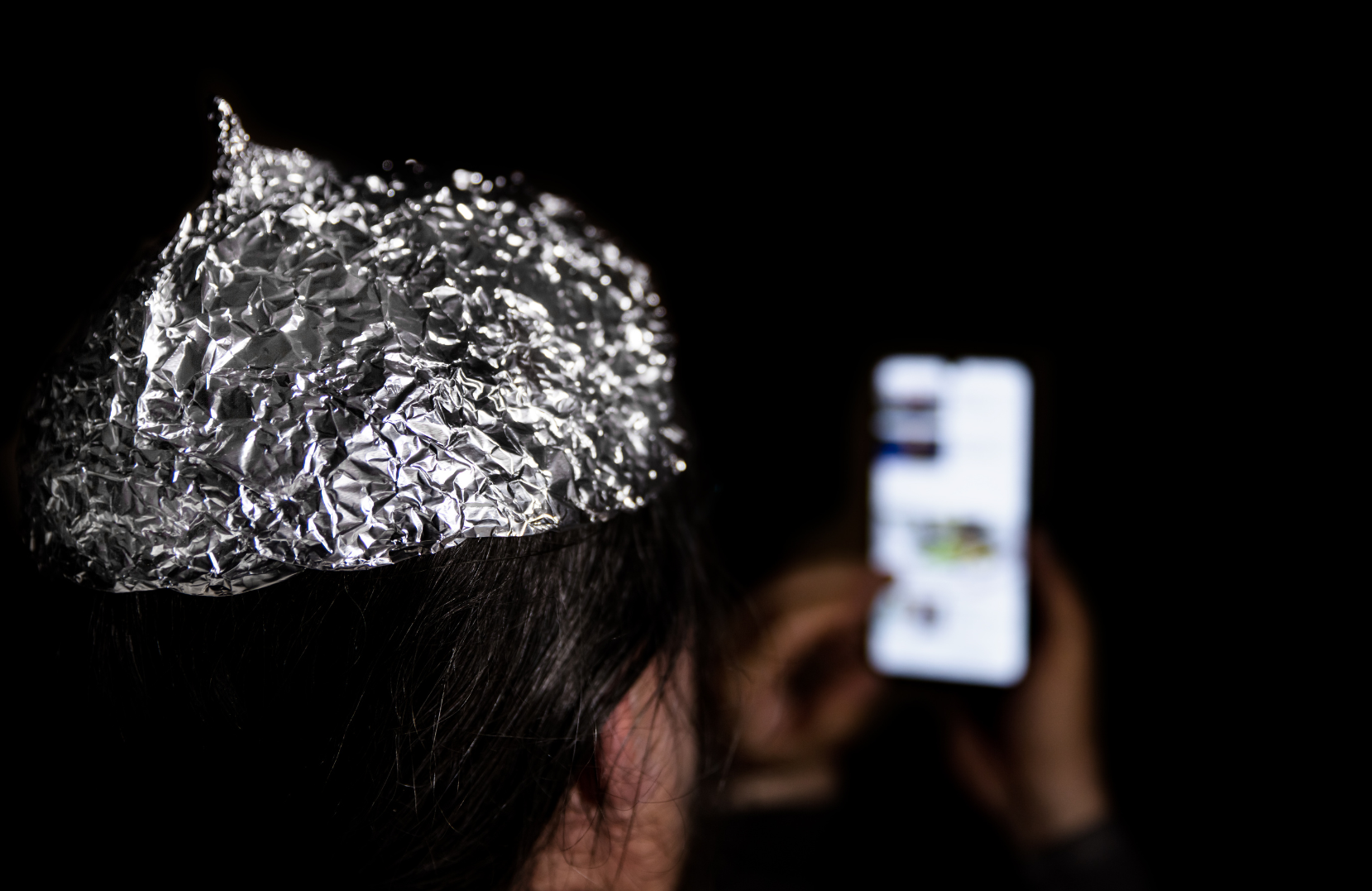In the article co-authored by Political Cognition Lab's researcher dr Dagmara Szczepańska and collaborators, recently published in the prestigious Personality and Individual Differences (IF= 4.3)], we checked how dispositions toward laughter at different nations was related to the way individuals identified themselves with their national group and how they viewed others. For the purpose of the study, we used a changed version of the PhoPhiKat-9 questionnaire, which assesses this type of approach to laughing at and being laughed at on the group level.
Laughter forms an integral part of human interactions. It has both positive, as well as negative meaning in the realm of social behaviour - it can alleviate stress and enhance the enjoyment of positive life experiences, but - as results of previous research show - laughter can also be analyzed in the context of laughing at other individuals and social groups, as well as being laughed at by others.
Across two Studies conducted on representative samples of Polish nationals (N = 633 and N = 1504), we show that national narcissism (belief that our nation is exceptional and deserves special treatment) is positively and significantly related to national gelotophobia (the fear that others may be laughing at our nation) and national katagelasticism (the joy of laughing at other nations). Moreover, we also demonstrate that dispositions towards ridicule and being laughed at mediated the path between national narcissism and metadehumanization, a conviction that out-group members perceived fellow in-group members as less than fully human.
The full article can be found through the link below!
The joke is on us? National narcissism and dispositions towards laughter
